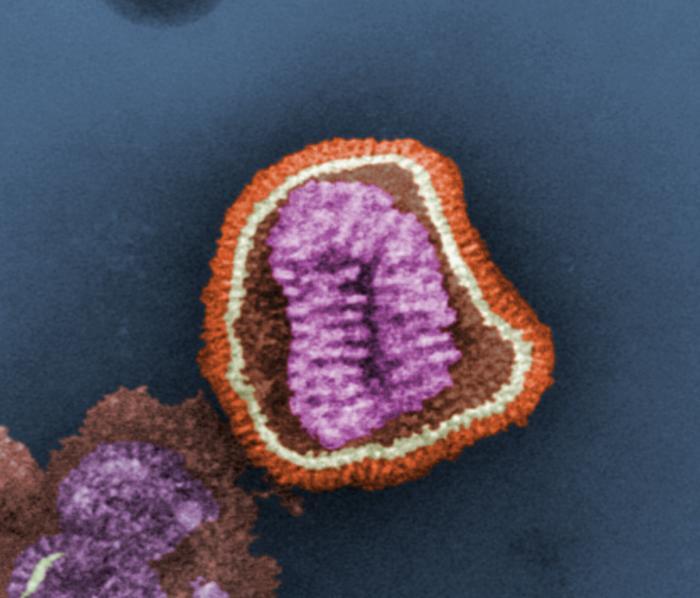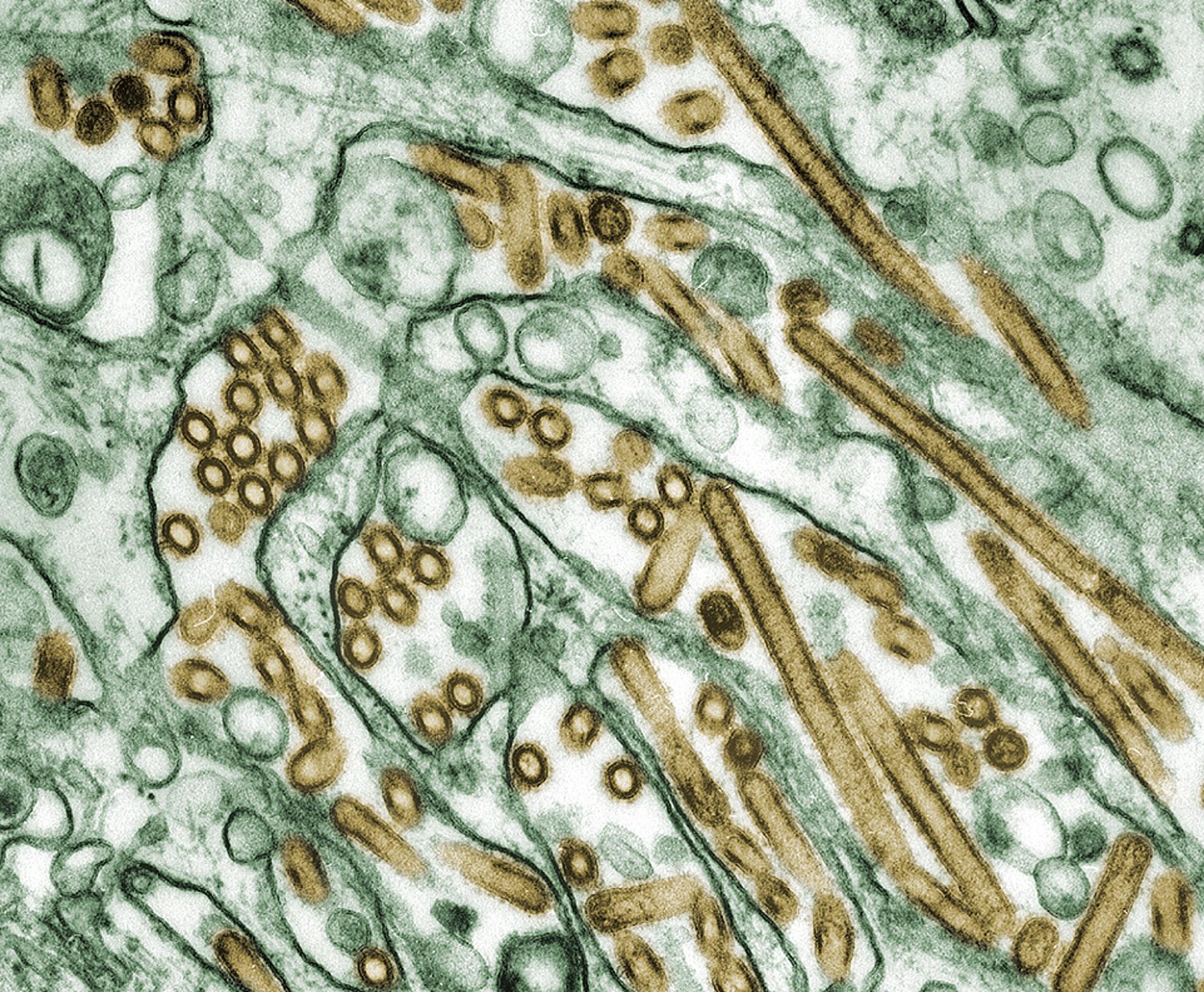Characterization of host responses against a recombinant fowlpox virus-vectored vaccine expressing the hemagglutinin antigen of an avian influenza virus
There currently are commercial fowlpox virus (FPV)-vectored vaccines for use in chickens, including TROVAC-AIV H5, which expresses the hemagglutinin (HA) antigen of an avian influenza virus and can confer immunity against avian influenza in chickens. Despite the use of recombinant FPV (rFPV) for vaccine delivery, very little is known about the immune responses generated by these viruses in chickens. The present study was designed to investigate host responses to rFPV in vivo and in vitro. In cultured cells infected with TROVAC-AIV H5, there was an early increase in the expression of type I interferons (IFN), Toll-like receptors 3 and 7 (TLR3 and TLR7, respectively), TRIF, and MyD88, which was followed by a decrease in the expression of these genes at later time points. There also was an increase in the expression of interleukin-1 beta (IL-1 beta), IL-8, and beta-defensin genes at early time points postinfection. In chickens immunized with TROVAC-AIV H5, there was higher expression of IFN-gamma and IL-10 at day 5 postvaccination in spleen of vaccinated birds than in that of control birds. We further investigated the ability of the vaccine to induce immune responses against the HA antigen and discovered that there was a cell-mediated response elicited in vaccinated chickens against this antigen. The findings of this study demonstrate that FPV-vectored vaccines can elicit a repertoire of responses marked by the early expression of TLRs, type I interferons, and proinflammatory cytokines, as well as cytokines associated with adaptive immune responses. This study provides a platform for designing future generations of rFPV-vectored vaccines.
Back to publications

